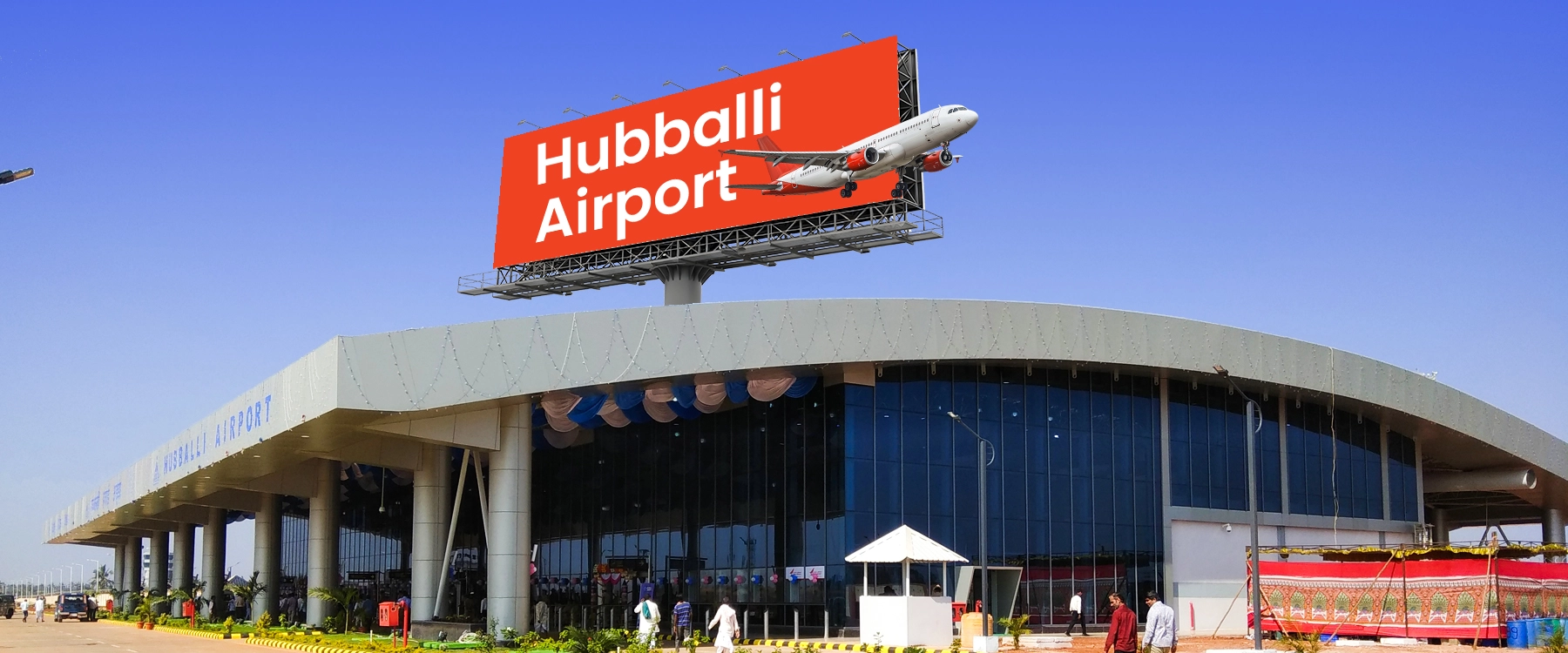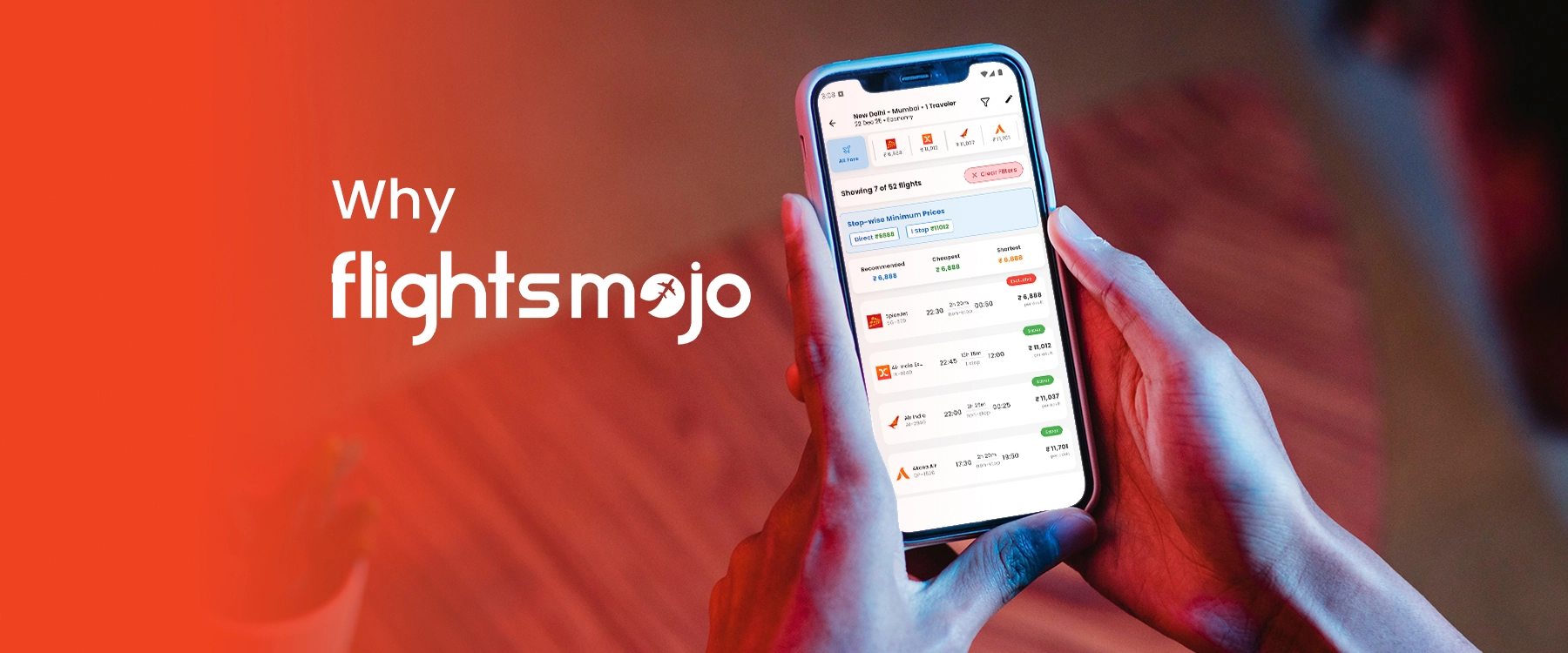When planning to travel on a flight, you must know the difference between cabin baggage and check-in baggage for a fine travel experience. Each type of baggage has its own set of rules regarding size, weight, and contents. To avoid delays and extra charges, airlines have some guidelines to help you out.
Check-in luggage or the large baggage that was submitted at the airline counter prior to entry and placed in the hold of the aircraft during the flight. The overall size restriction for check-in luggage usually measures up to 158 cm when adding length, width, and height, though actual sizes differ with airlines.
Clothing and Footwear: Like shirts, pants, dresses, jackets, and shoes are usually permitted in checked baggage.
Toiletries: May also be included in reasonable amounts, including full-size liquids such as shampoo, conditioner, and lotion.
Aerosols: Like deodorants and shaving cream, as well as gels and creams.
Electronics: Such as laptops, tablets, chargers, and cameras (with the exception of lithium battery ones) are generally acceptable, although spare batteries and power banks tend to have to be in carry-on luggage, subject to airline rules.
Food: That is non-perishable or pre-packaged, like snacks, canned items, and spices, is acceptable, as is alcohol, as long as it complies with airline standards, typically below 70% alcohol by volume and within the permitted quantity limit.
Medications: Can be taken but are best stored in carry-on bags in case immediate access is needed. Tools like wrenches, screwdrivers, and pliers can be carried if they measure less than seven inches in length and sharp tools must be placed in checked bags.
Sports Equipment: Like baseball bats, golf clubs, and hockey sticks may also be checked. Firearms and ammunition, for example, can be sent only in checked bags under strict conditions: they have to be declared, properly packed, and acceptable according to airline policy and local law.
Some items are banned from being placed in checked luggage due to safety and security concerns. Spare or loose lithium batteries, like in power banks or drones, should be brought in your carry-on bag since they can cause a fire hazard in the cargo hold.
E-Cigarettes and Vapes: Also shouldn't be loaded in checked bags but only in carry-on cases.
Fireworks: Flares, and fireworks are strictly prohibited, as well as items that are extremely flammable, such as paint, lighter fluid, and gasoline.
Compressed Gases: Like camping gas, propane tanks, and CO2 cartridges must not be taken unless airline approvals and special packaging are allowed.
Perishable Foods: Such as raw meat or dairy products that are not refrigerated and properly packaged must not be taken for the risk of spoiling. Finally, items of value like jewellery, cash, and passports.
And important documents should never be checked in, as they can be stolen, lost, or delayed. These are all best stored in your carry-on for security and convenience.
Checked bags are suitable for carrying bulkier materials like apparel, boots, and personal toiletries, but the note is that power banks, e-cigarettes, and valuables are not allowed in checked bags. The primary advantage of check-in baggage is that it provides passengers the liberty of carrying more items without concern for cabin space availability.
But it has some disadvantages as well, such as the possibility of paying extra charges, taking more time at the baggage claim, and the possibility of delayed or lost bags. To prevent problems, tourists should always balance their bags in advance, provide locks for security, and mark their bags in obvious ways with contact details.
Cabin baggage, also named carry-on baggage, is a small bag that passengers can bring with them into a flight's cabin. It is deposited in a small cabin above the passenger's seat.
Airlines require cabin baggage to fit within certain size limits so it doesn't block aisles or exits and can be safely stowed.
Apparel & Footwear: Regular apparel like tops, bottoms, dresses, blazers, undergarments, socks, and footwear are permitted. You can also carry additional layers, such as a scarf or a hat, for colder locations.
Personal Hygiene Items (Small Amounts): These should be in smaller containers and stored in one clear, resealable plastic bag.
Products in the 100 ml limit: Shampoo, conditioner, toothpaste, deodorant, hand sanitiser, etc.
Electronics: Laptops, tablets, e-readers: Must be taken out of your bag for security scanning. Smartphones, cameras, gaming gadgets: Allowed, but might need to be taken out during security scan. Power banks Must be carried in your cabin bag.
Food & Snacks: Non-liquid snacks: Granola bars, nuts, crackers, candy, sandwiches, and chips are allowed. Frozen or liquid food Items like yoghurt, soups, or smoothies need to follow the liquid rule (max 100 ml each) and be packed in your liquid bag.
Baby food/formula: In reasonable amounts, even if greater than 100 ml, you must declare them at security.
Medicines & Medical Supplies: Prescription drugs: Permitted in amounts greater than the normal liquid quota. You have to declare them at security. Over-the-counter medications: Painkillers, allergy tablets, and other usual drugs are permitted in normal amounts Medical equipment Products such as insulin pens, inhalers, and CPAP devices are allowed but must be declared to security.
Personal Items: Wallets, Keys, Travel Documents: Passports, ID cards, Boarding Passes, Tickets, etc.
More than 100 ml liquids: Any container holding over 100 ml of liquid, gel, or paste, such as big bottles of shampoo, lotion, and other cosmetics, should go in your checked luggage.
Sharp Objects: Knives, scissors, razors, etc., are not permitted. Small scissors with blades less than 4 inches might be permitted, but check airline policies.
Weapons: Firearms, ammunition, and anything deemed a weapon (even self-defence instruments such as pepper spray) are prohibited. Items such as hammers, screwdrivers, or heavy wrenches are also banned unless they belong to an acceptable category.
Flammable Items: Lighter fluid, matches, aerosols, or any other items that might be a fire risk should not be carried in your carry-on.
Compressed Gases: Camping gas, propane bottles, or anything with compressed gas is not allowed.
Large Liquids (water bottles): Water, juices, or other liquids exceeding 100 ml cannot be carried unless purchased after passing security. Bottled water should be discarded before security if you're bringing it from outside.
Items with Strong Odors: Strong-smelling food or substances (like durian or stinky cheese) might be discouraged or even banned by some airlines due to the discomfort they can cause other passengers.
One of the greatest benefits of cabin luggage is that you don't have to check in at the counter, and you don't have to wait at baggage claim when you reach your destination. This is convenient in terms of time, particularly for small trips or if you are in a hurry. Since there is no need to check in bags or wait for your bag when you arrive, the whole airport procedure is quicker. You will be able to go through immigration or customs by passing the baggage carousel, and this will make your overall travel experience smoother and hassle-free.
1. How much cabin baggage is allowed on domestic flights?
One cabin baggage is allowed on domestic flights with a weight limit of 3 kg-7kg.
2. What is the check-in baggage allowance for domestic flights?
The standard check-in baggage allowance for domestic flights is 15kg per person.
3. Can I carry liquids in cabin baggage?
Yes, you can carry not more than 100ml liquids in cabin baggage.
4. What items are not allowed in cabin baggage?
More than 100 ml of liquids, Sharp Objects, Weapons, Flammable Items, Compressed Gases, Large Liquids (water bottles), and Items with Strong Odors all these items are not allowed in cabin baggage.
5. Can I check in oversized or extra bags?
Yes. You can check in with oversized or extra bags, but it comes with extra charges.
6. Are children's baggage allowances different?
Yes, the baggage allowance is different. It all depends on the airline type.
7. What happens if my cabin bag exceeds weight or size limits?
If your cabin bag exceeds weight or size limits, you have to pay extra charges.
8. Can I carry food items in cabin baggage on domestic flights?
Yes, you can carry only a packet of food in cabin baggage on domestic flights.
9. Are there any restrictions on electronics in the cabin or check-in baggage?
Yes, electronics are restricted in cabin and check-in baggage.
10. What is the penalty for excess baggage on domestic flights?
The penalty for excess baggage depends on the airline, and the average charge is 500-600 INR for domestic flights.









